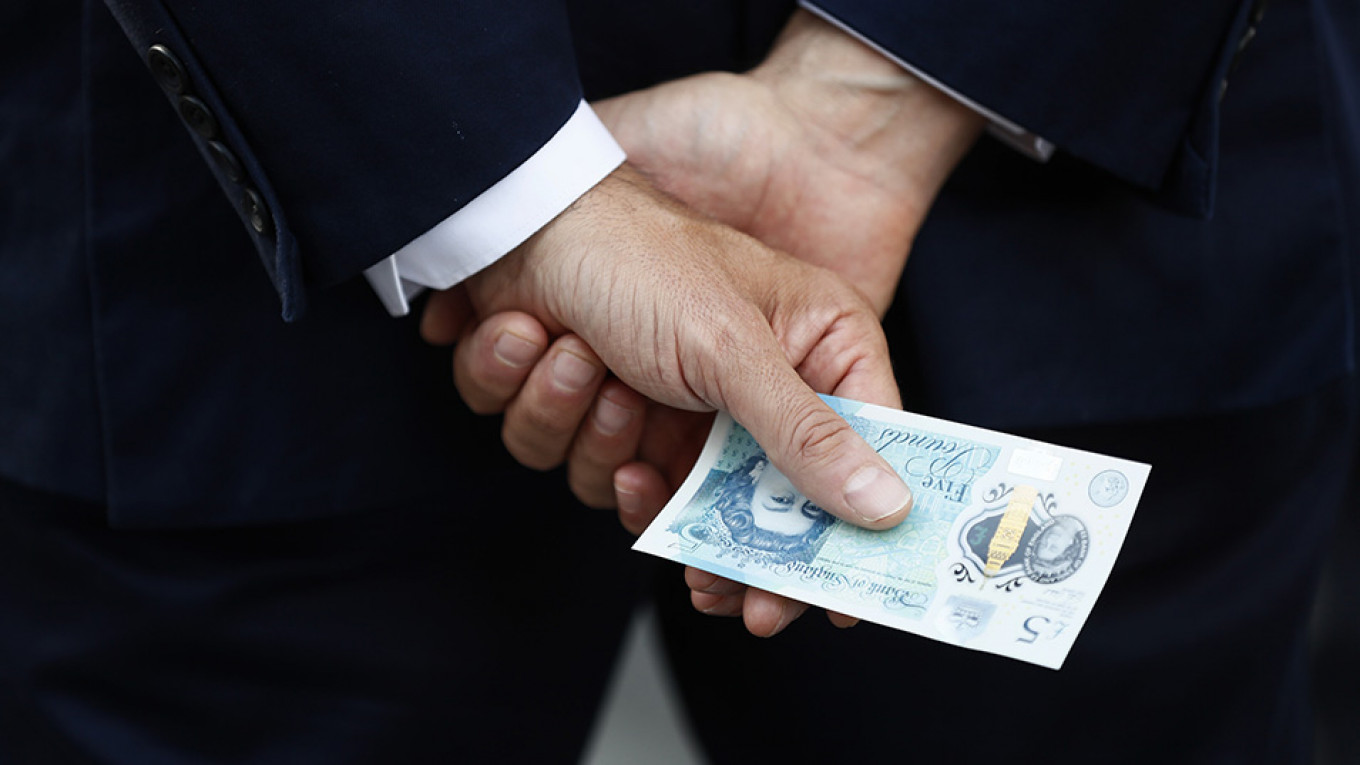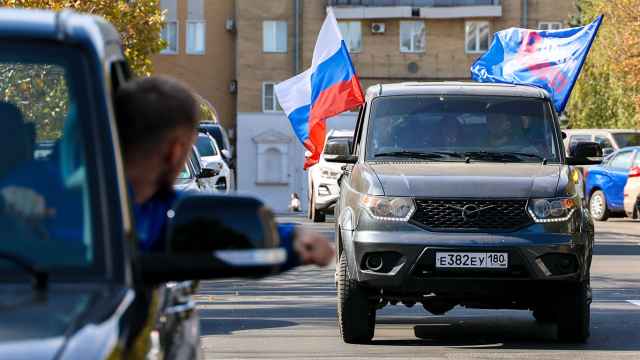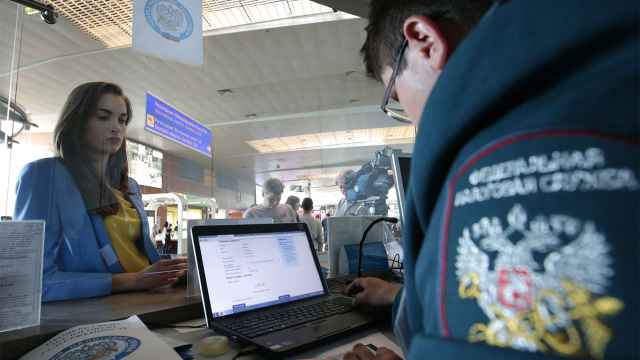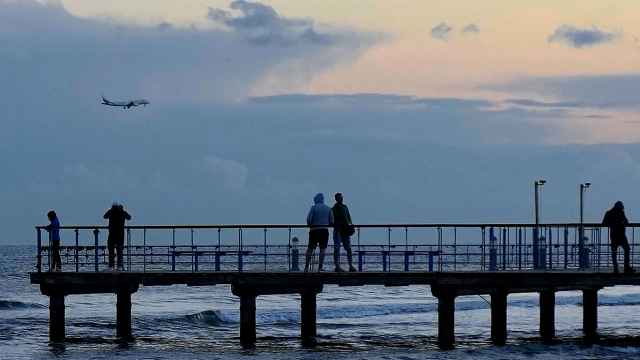British offshore tax havens will send information about Russian assets registered in their jurisdictions to the Russian tax authorities, despite London and Moscow having cancelled an international agreement which facilitates the sharing of such financial information.
Jersey, Guernsey and the Isle of Man are set to share details on bank accounts, properties, investments and other assets owned by Russian citizens to the Russian Federal Tax Service this year, news site RBC has reported.
The automatic sharing of financial information is in the spotlight this year, as Russia lifted all previous restrictions on Russian citizens holding overseas bank accounts from the beginning of January — as long as those accounts are registered in a jurisdiction which participates in automatic information sharing with the Russian tax authorities.
Last year, the U.K. and Russian governments excluded each other from a list of countries eligible to receive such information — for instance, Moscow would receive information about U.K.-registered bank accounts held by Russian citizens and London about Russian-registered accounts held by British citizens — less than nine months after Russia signed-up to the international scheme.
However, the three islands have named Russia as one of the countries which they will automatically share asset information with for 2019 and 2020 tax years. Last year, in line with the U.K.-wide refusal, the islands did not participate in automatic information sharing.
In total, the Russian tax authorities shared information with 58 countries, residents of which held assets in Russia, and received information from 70 countries about Russian overseas assets for 2018.
Jersey, Guernsey and the Isle of Man are self-governing so-called crown dependencies, with their own parliaments, courts and laws, but falling under London in some matters of defence and foreign policy. Jersey and Guernsey in particular have long-been associated with tax avoidance schemes and brass plate companies, serving as a hub for international financial and legal services, and as an intermediary destination for foreign direct investment.
A Message from The Moscow Times:
Dear readers,
We are facing unprecedented challenges. Russia's Prosecutor General's Office has designated The Moscow Times as an "undesirable" organization, criminalizing our work and putting our staff at risk of prosecution. This follows our earlier unjust labeling as a "foreign agent."
These actions are direct attempts to silence independent journalism in Russia. The authorities claim our work "discredits the decisions of the Russian leadership." We see things differently: we strive to provide accurate, unbiased reporting on Russia.
We, the journalists of The Moscow Times, refuse to be silenced. But to continue our work, we need your help.
Your support, no matter how small, makes a world of difference. If you can, please support us monthly starting from just $2. It's quick to set up, and every contribution makes a significant impact.
By supporting The Moscow Times, you're defending open, independent journalism in the face of repression. Thank you for standing with us.
Remind me later.






